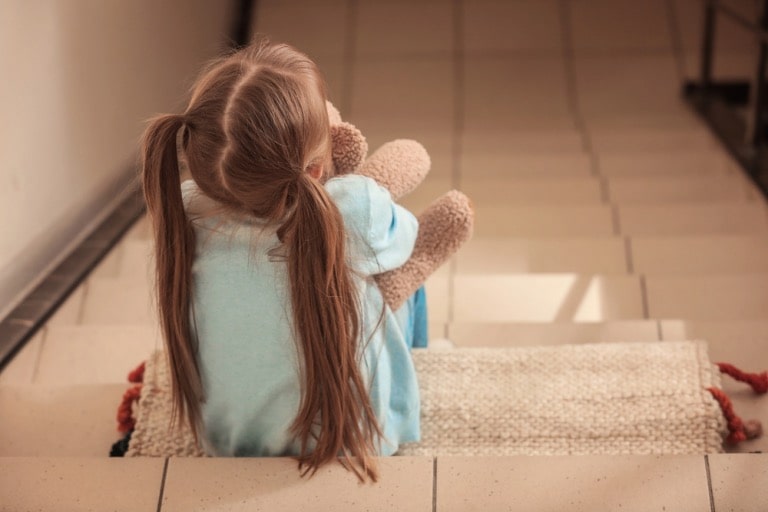How Does the Home Environment Impact Your Child’s Mental Health?

Sad kids grow up to become sad adults—this may sound harsh, but unfortunately, it is a reality. When a child is in an early developmental stage, you need to be careful about the environment you expose them to. The home environment and a child’s mental health are closely connected.
Sometimes, you may not even realize how the environment in your home is impacting your child. But if they are constantly encountering turbulent situations at home, they are definitely going to have an impact on their mental health. If you live in Connecticut and witness that your child is acting differently from how they should behave at their age, it is best to opt for child therapy in Danbury, CT. But before we head to how child therapy can help, let’s see how the home environment contributes to a child’s psychology.
The Contribution of Your Home’s Environment to the Child’s Mental Health
Physical Environment: The physical environment of the home, including its cleanliness, availability of resources, and how safe the child feels in the home, plays a very crucial role in their mental well-being. The child must feel safe and comfortable in the home. However, the absence of both these aspects significantly affects their psychology.
Emotional environment: When both parents are emotionally unavailable, the child is most likely to suffer from separation anxiety and depression. The child in their growing stage must have a secure attachment with the primary caregivers. They must be able to feel safe around them to grow into adults who know their self-worth and have loving relationships with their peers.
The physical and emotional environment impacts a child’s cognitive, mental, and social development together. In the following section, we will see how child therapy can help children who are suffering from a mental illness due to an unhealthy home environment.
How Does Child Therapy Help?
Helps the Child Overcome Mental Health Issues
One may think that their child is not yet emotionally mature enough to undergo complex mental health issues such as depression and anxiety. However, the opposite is true. A child is, in reality, more susceptible to these ailments because they are mentally incapable of dealing with complex emotions. In fact, according to a CDC report, 73.8% of children between the ages of 3 and 17 suffer from anxiety and depression.
Although you love your child and want the best for them, you may not be equipped to understand the complexities of your child’s mental illness. However, with the help of a team of professionals, navigating through this ailment becomes straightforward.
Helps Overcome Traumatic Events
If you and your child are going through a traumatic event, their way of processing grief will be different. For instance, if your spouse and you have recently separated from each other, the change is most likely to impact your kid significantly.
In this situation, you might be going through a tough time as well and may not be able to appropriately cater to the needs of your child. Now, instead of sidelining their needs altogether, you can opt for child therapy, where a professional can speak to your child and help them ease the emotional turmoil that they are undergoing.
Helps Improve Self-Esteem
Child therapy also helps children develop a positive self-image and increase their self-esteem. It allows your child to communicate effectively with the counselor, which helps improve their overall relationship with family and friends. This method is particularly helpful if your child is facing a lot of bullying at school, which can really impact their mental health.
Now you know the benefits of child therapy, but what are the techniques that are used? Let us find out:
- Play therapy: This approach is ideal for younger kids. The counselor encourages the child to open up while playing with them and indulging in different activities.
- Cognitive Behavioral Therapy: This is effective for older children. In this approach, the therapist tries to identify and change their negative thought patterns.
- Family therapy: Here, the entire family is taken as one single unit that works together to help the child improve their mental health.
Conclusion
The environment of the home impacts the child significantly. When the children are in their growing stage, an unstable environment at home impacts their mental health. If these problems are not addressed at a young age, they may grow up with serious mental health disorders. This is why child therapy is extremely important if you believe that the current environment at home is impacting your child negatively.





